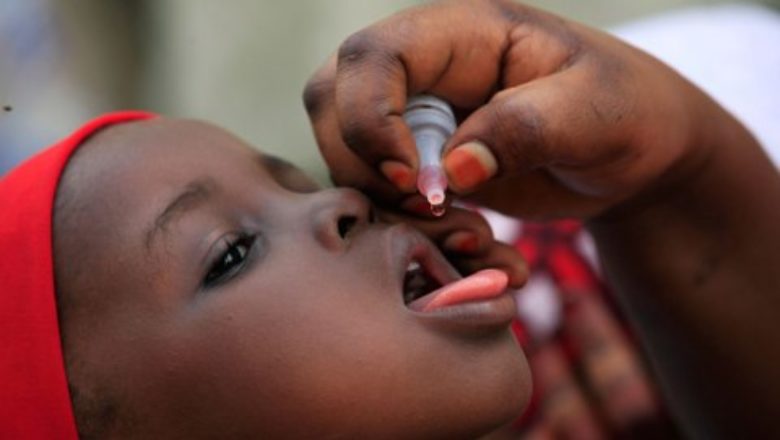Mozambique: MSF suspends activities in Mocímboa da Praia as violence surges
Second phase of cholera vaccination begins next week

File photo: Noticias
The Mozambican Health Ministry on Thursday announced that the second phase of the cholera vaccination campaign in the northern province of Cabo Delgado will take place next week, from Monday to Friday.
There will also be a second phase of the campaign in Sofala province, in the centre of the country, next month, from 15 to 19 July.
Both these provinces suffered cholera outbreaks in the wake of cyclones – cyclone Idai which hit Sofala on 14 March, and cyclone Kenneth, which struck Cabo Delgado on 25 April.
The Health Ministry and its partners began oral vaccination against cholera immediately after the passage of the cyclones in the two provinces.
The first dose of the vaccine was administered in Sofala, in the cities of Beira and Dondo, and in Buzi and Nhamatanda districts, in April. These were the four places where cholera was diagnosed following the cyclone.
In Cabo Delgado, the first dose was given in May, in Pemba city and in Mecufi and Metuge districts.
850,000 people were vaccinated in Sofala and 250,000 in Cabo Delgado. The health authorities aim to vaccinate the same number of people with the second dose. The target group is all people over one year old.
As with the first phase of the campaign, both fixed vaccination posts and mobile brigades will be used, and about 600 health professionals will be involved.
About 90 per cent of the target group was reached with the first dose, and the target this time is at least 80 per cent.
Speaking at a Maputo press conference on Thursday, the general director of the National Health Institute, Ilesh Jani, said “this time we want to reach a coverage of 80 per cent of our target population, who will have received two doses of the vaccine. This coverage will allow us to build immunity against cholera for about five years. That is our goal: to build defences against cholera during five years”.
The health authorities regard the vaccination as a complementary measure, and warn that on its own it is not enough to prevent cholera outbreaks.
“So, although we are administering this vaccination in two doses, we must continue working on the key measures for cholera control, which are measures concerned with water and sanitation, and individual and collective hygiene”, said Jani.
The head of the Health Ministry’s Department of Epidemiology, Lorna Gulral, said the cholera outbreaks are under control, and the end of the epidemic should shortly be announced.












Leave a Reply
Be the First to Comment!
You must be logged in to post a comment.
You must be logged in to post a comment.